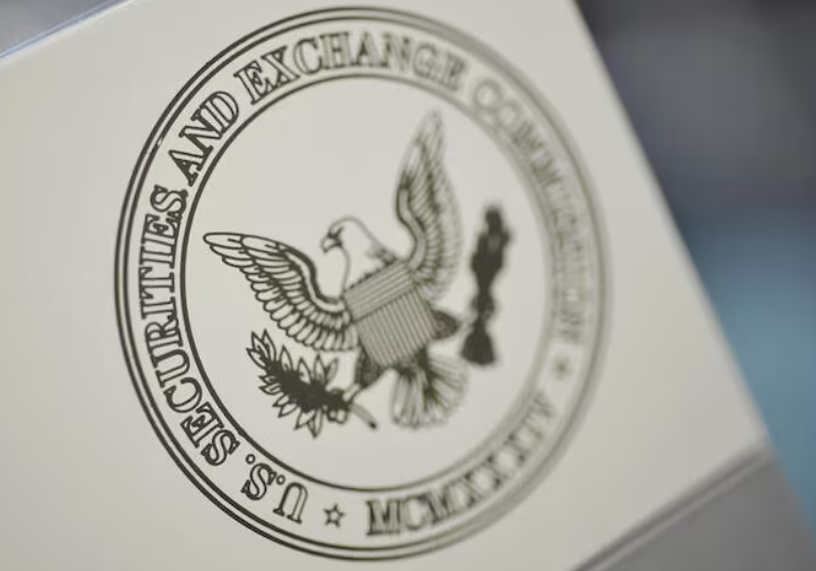A federal judge in Texas struck down the U.S. Securities and Exchange Commission’s (SEC) recent overhaul of Treasury dealer rules on Thursday, ruling that the agency exceeded its legal authority when issuing the regulations, according to court records.
U.S. District Judge Reed O’Connor of the Northern District of Texas found that the SEC’s rule violated the text, history, and structure of its founding statutes. His decision marks the third time in a year that courts have vacated significant SEC regulations, posing a setback to the Biden administration’s policy agenda.
“The Court holds that the Rule is in excess of the Commission’s authority,” O’Connor wrote in his opinion.
The February rule, adopted over Republican objections, required proprietary traders and others dealing regularly in government bonds and securities to register as broker-dealers. The SEC intended the regulation to address liquidity issues in the $26 trillion Treasury market, making it a cornerstone of a broader effort to modernize market structures.
The Managed Funds Association (MFA) and other investment industry trade groups brought the case, challenging the rule’s scope and impact. Judge O’Connor also sided with the Blockchain Association and the Crypto Freedom Alliance of Texas in a separate case challenging the same rule on behalf of cryptocurrency stakeholders.
The Alternative Investment Management Association, which joined the MFA in its lawsuit, celebrated the decision, claiming it shielded hedge fund managers from “severe and adverse consequences” stemming from what they called sweeping and unprecedented regulatory changes.
This ruling follows two similar decisions earlier this year, where courts struck down SEC rules on share buybacks and disclosures by private fund advisers. At least three other SEC rules currently face legal challenges, further straining the agency’s ability to implement its regulatory agenda.
An SEC spokesperson stated that the agency is reviewing the ruling and will determine its next steps.
Observers expect the incoming administration of President-elect Donald Trump may take a more industry-friendly stance, potentially resolving pending legal challenges in favor of financial firms.

